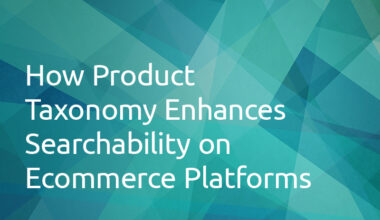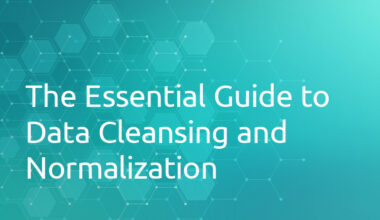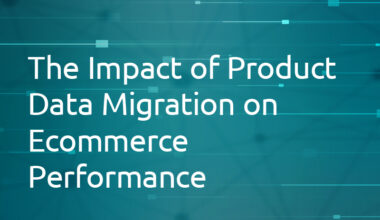Ensuring the accuracy, consistency, and reliability of data throughout the cleansing process is key to a successful data cleansing project. As data becomes increasingly central to decision-making, its quality assurance is paramount.
In the digital era, data drives decisions. However, the value of data is contingent upon its quality. Data Quality Assurance (DQA) acts as a safeguard, ensuring that data cleansing processes yield accurate and reliable results.
What is Data Quality Assurance?
- Definition: A systematic process that ensures the quality, accuracy, reliability, and consistency of data during and after data cleansing.
- Components: Includes validation checks, error detection, consistency checks, and data audits.
The Role of DQA in Data Cleansing
- Error Prevention: By setting up quality checks, many errors can be prevented before they enter the system.
- Validation: Ensures that cleansed data conforms to predefined standards or formats.
- Consistency: Checks that data is uniform across the dataset, especially after cleansing operations.
Benefits of Data Quality Assurance
- Enhanced Decision Making: Quality-assured data leads to more accurate analytics and insights.
- Operational Efficiency: Reduces the need for repeated data cleansing or error rectifications.
- Trustworthiness: Stakeholders can trust the data and the insights derived from it.
Steps in Data Quality Assurance
- Define Quality Metrics: Establish clear criteria for what constitutes “quality” in your data.
- Automate Quality Checks: Use tools to automatically check data against the defined metrics.
- Manual Review: Periodically review data manually, especially in complex or nuanced areas.
- Feedback Loop: Ensure a system where errors or inconsistencies, once identified, are used to refine the DQA process.
Challenges and Solutions
- Volume of Data: As datasets grow, manual quality checks become impractical.
- Solution: Rely on automated tools and prioritize sample-based manual reviews.
- Evolving Standards: What’s considered “quality” can change over time.
- Solution: Regularly update quality metrics and standards based on evolving business needs.
- Complex Data Sources: Diverse data sources can introduce varied quality challenges.
- Solution: Customize DQA processes for different data sources or types.
Tools and Technologies
- Data Quality Software: Tools like Informatica, Talend, and IBM InfoSphere QualityStage offer robust DQA features.
- Validation Scripts: Custom scripts, often in languages like Python or SQL, can automate specific quality checks.
- Visualization Tools: Platforms like Tableau or Power BI can help visualize data quality metrics and issues.
Data Quality Assurance is the unsung hero behind successful data cleansing. By ensuring that data not only looks clean but also meets stringent quality standards, businesses can fully harness the power of their data, driving informed decisions and achieving operational excellence.
If you’re looking for data cleansing and normalization support to better serve your customers and streamline your business, contact our experts at geekspeak.
 1.416.619.5349 Ext.325
1.416.619.5349 Ext.325 







